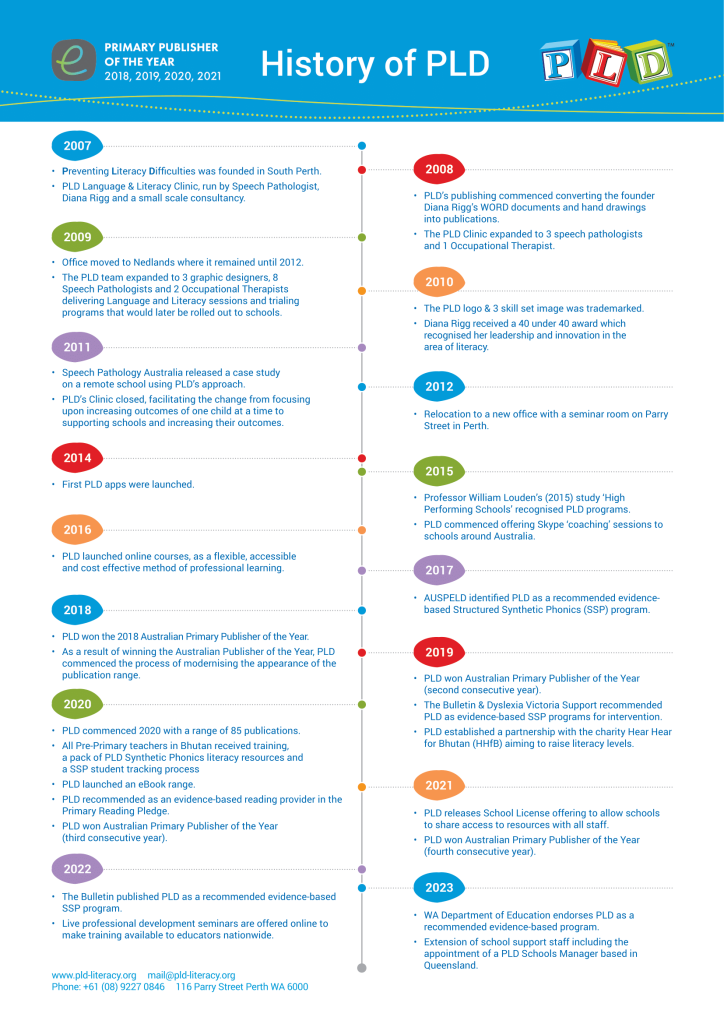About PLD Literacy
PLD provides an Australian, evidence-based approach to Structured Synthetic Phonics (SSP) for primary school educators. Aligned with the Science of Reading, PLD’s SSP approach extends from the junior primary years through to upper primary years and thereby facilitating a whole school approach.
PLD’s method is derived from the disciplines of speech pathology, occupational therapy and education. As an Australian publisher and professional development provider, PLD advocates that literacy and learning outcomes are maximised for children when their Literacy, Oral Language and Movement & Motor skills are targeted.

Navigate to the relevant sections using the tabs below:
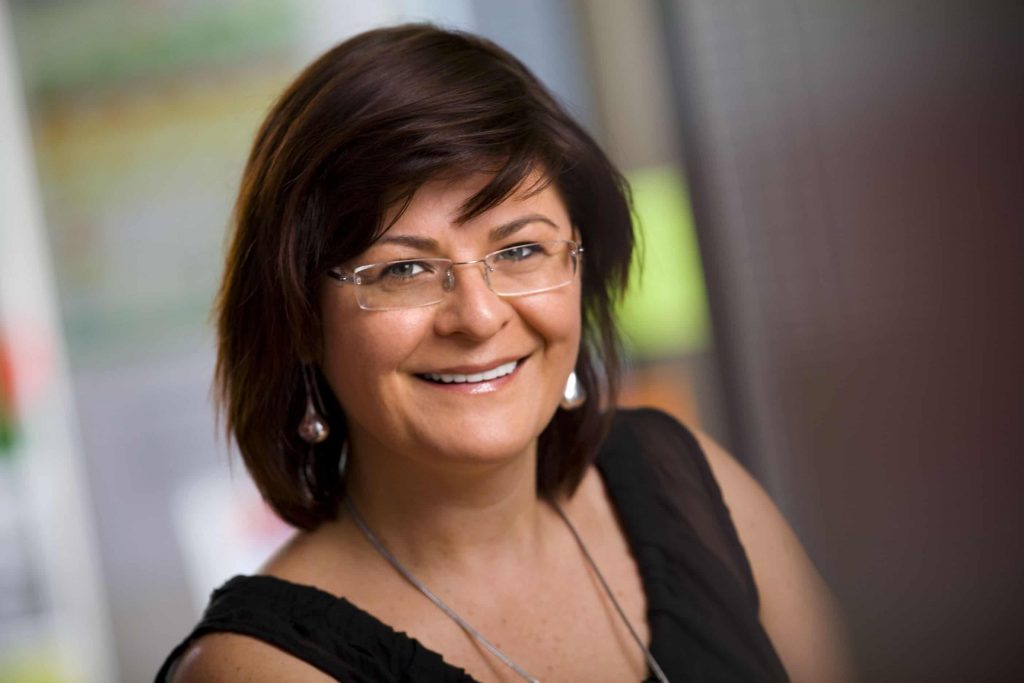
Diana Rigg’s journey began in 1992, stepping into the role of a teacher. Right from the start, she realised that her tertiary education hadn’t prepared her to handle the complex reading and learning difficulties she encountered in her classroom. Fuelled by a passion for progress, she embarked on postgraduate studies to broaden her horizons.
Whilst pursuing her Masters in Education, Diana unearthed critical inconsistencies – the delay between research breakthroughs and their integration into curriculum and classrooms. This revelation sparked her determination to bridge this gap. After attaining her fourth degree, Diana found herself at a crossroads; an education-focused Ph.D. or exploring insights from another discipline. In 2004, she concluded her Masters in Speech Pathology.
From its inception, PLD has operated as a versatile entity – a clinic, consultancy, and publishing powerhouse. The clinic not only served children but also played a crucial role in refining programs through trials and testing, contributing to the success of the publishing range.
In 2011, a pivotal shift occurred. Diana chose to close the clinic, which had catered to individual children, and directed her energy towards a broader educational vision. Recognising the vast number of school children who couldn’t access the PLD clinic, she turned her attention to equipping educators with evidence-based programs and techniques crafted by her team of Speech Pathologists and Occupational Therapists. Today, Diana is a driving force in consultancy and publishing, channelling her efforts into bringing the latest research directly into Australian classrooms.
Throughout her journey, Diana has collaborated with thousands of schools, relentlessly advocating for evidence- based programs in classrooms across Australia. Her pioneering work has consistently demonstrated its positive impact on student outcomes.
PLD boasts an impressive collection of nearly 100 evidence-based programs and resources tailored to the Early Years, Foundation, Years 1 & 2, and Years 3 – 6. The dedication to excellence is reflected in PLD’s achievement of the Australian Primary Publisher of the Year title for four consecutive years – 2018, 2019, 2020, and 2021 – as bestowed by teachers across Australia.
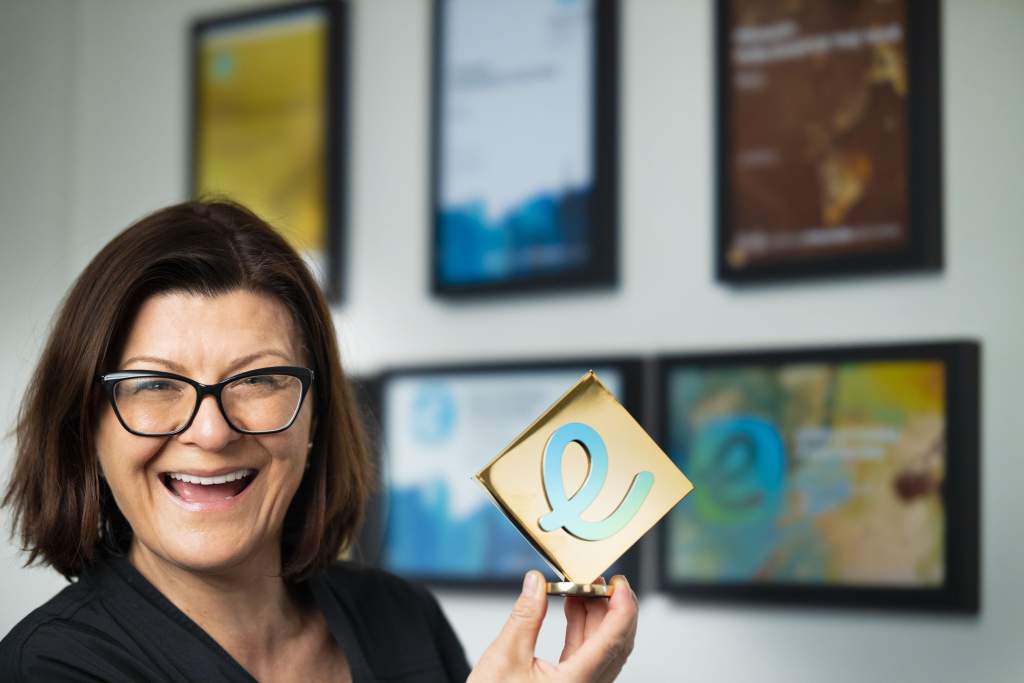

Throughout PLD’s journey, founder Diana Rigg has collaborated with thousands of schools, tirelessly advocating for evidence-based literacy programs in classrooms across Australia. Her pioneering work, including the Structured Synthetic Phonics (SSP) program, has consistently demonstrated its positive impact on literacy outcomes for students.
Aligned with PLD’s core focus and values, PLD is committed to making a difference and improving literacy outcomes for students, not only in Australia but also in communities abroad. PLD’s collaboration with Hear Hear for Bhutan has been life-changing, and our partnership with the Spare Parts Puppet Theatre ensures that regional schools can access the the same performances as their metro counterparts. We hope you feel as inspired by the stories below.

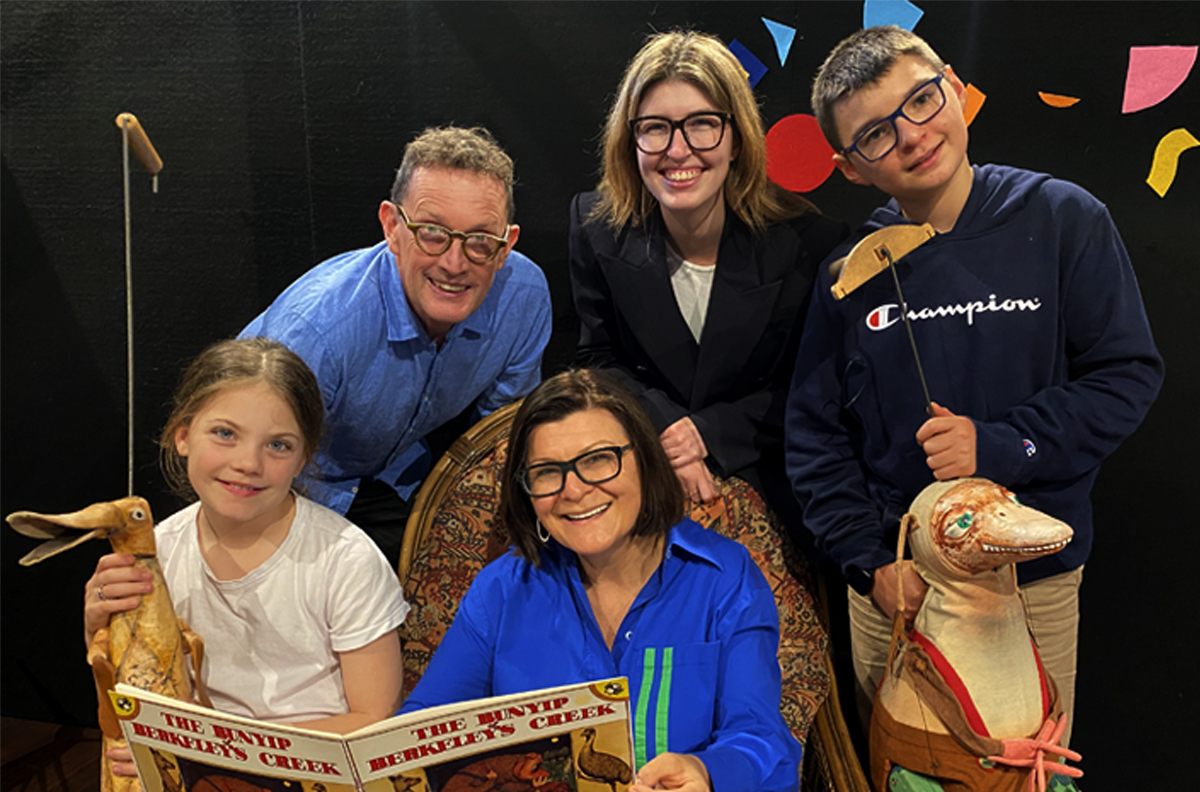
Beginning its journey as a Literacy and Learning clinic in 2007, PLD has undergone significant transformations throughout its history. The ability to consistently adapt and evolve has been the driving force propelling PLD to its current structure. Explore the journey further below.
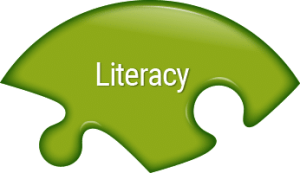
Literacy
“The capacity to read and spell accurately and fluently is dependent on knowledge of the phoneme-grapheme relationships underpinning English orthography. The body of knowledge (phonics) needs to be taught systematically, sequentially, cumulatively, and daily – to the point of automaticity.” (DSF Bulletin, Volume 58:2022).
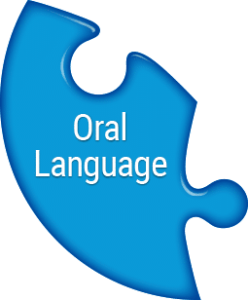
Oral Language
Oral language encompasses the essential abilities of speaking and listening. The fundamental building blocks of oral language proficiency include word knowledge (vocabulary), sentence structure (grammar), language comprehension (semantic understanding and overall comprehension), and structured thinking (the ability to elaborate, organise, and sequence thoughts).
Although inadequate oral language skills may not immediately hinder children’s reading abilities, the lingering consequences over time are concerning. As students progress into middle primary school, where both the curriculum and reading materials grow in complexity, a significant portion of them may encounter difficulties in keeping pace with academic demands if their language skills remain underdeveloped.
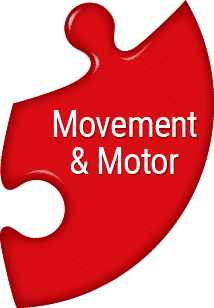
Movement & Motor
The way students coordinate their bodies and engage their muscles in response to auditory stimuli significantly influences literacy development. Sometimes, they need to use their bodies to respond. For instance, think about following directions and writing down answers. A wide range of physical skills improvement plays a vital role in achieving the best performance in the classroom. These abilities include grasping pencils correctly, refining motor skills for cutting, mastering letter formation, and achieving proficiency in handwriting.
Importance of Embracing All Three Aspects
True literacy goes beyond the mere recognition of words on a page. To truly become skilled readers and writers, students must possess the ability to speak clearly, understand what they hear, and seamlessly translate these skills into written language. This is exactly what sets PLD’s resources apart – their focus on the trio of skills together.



